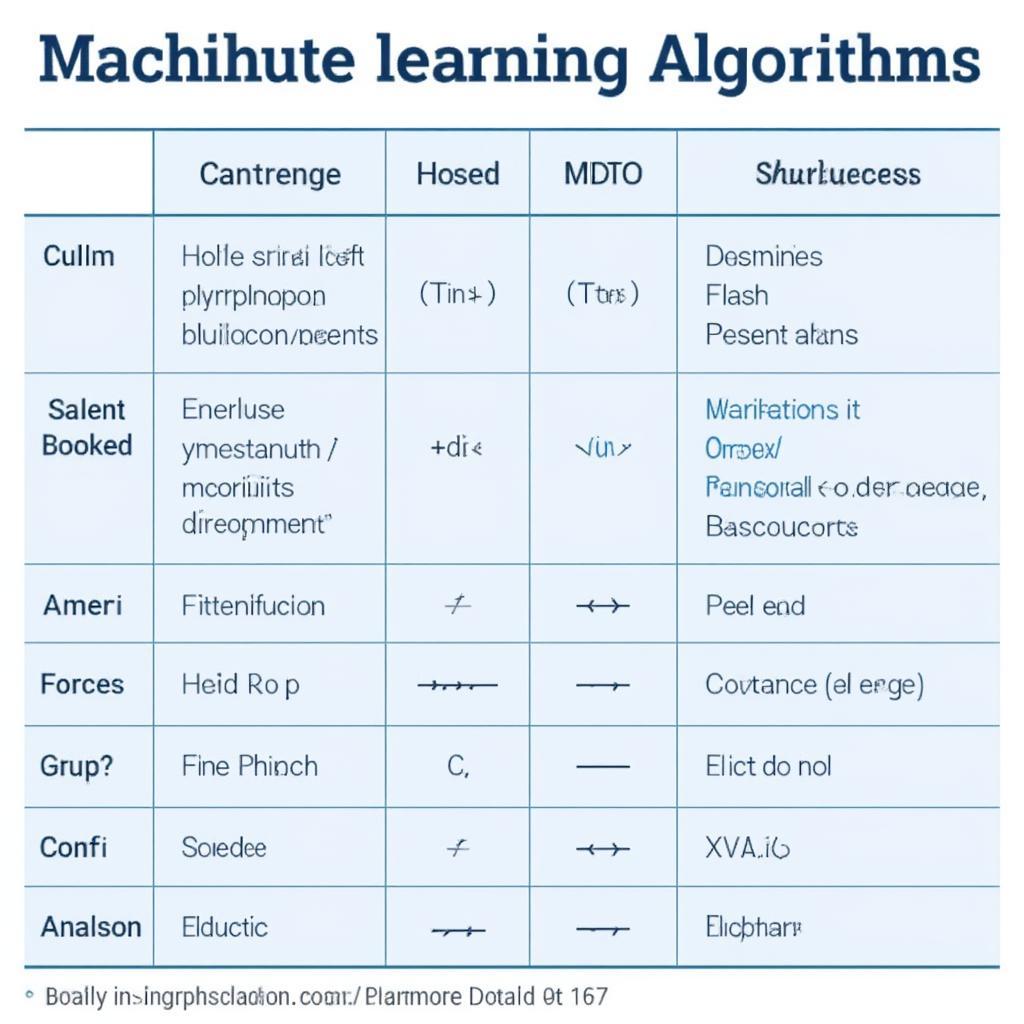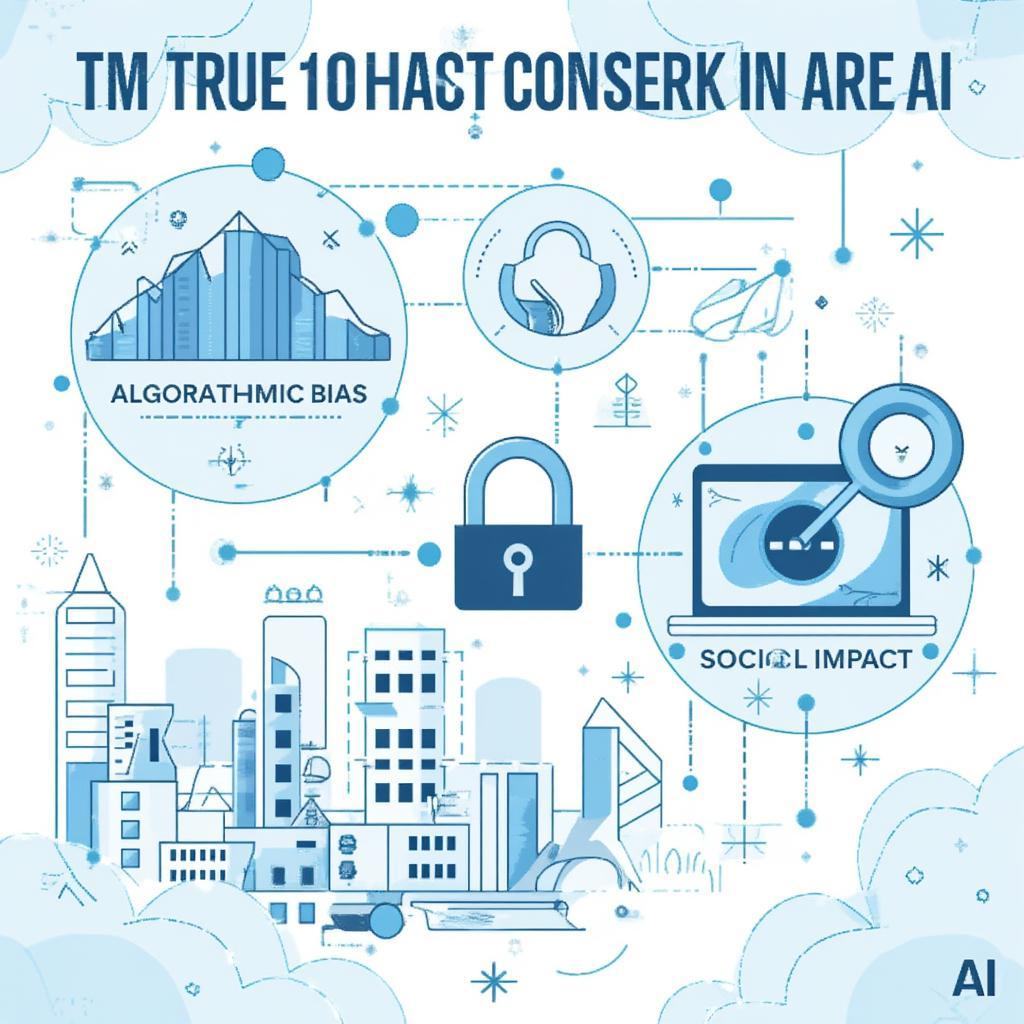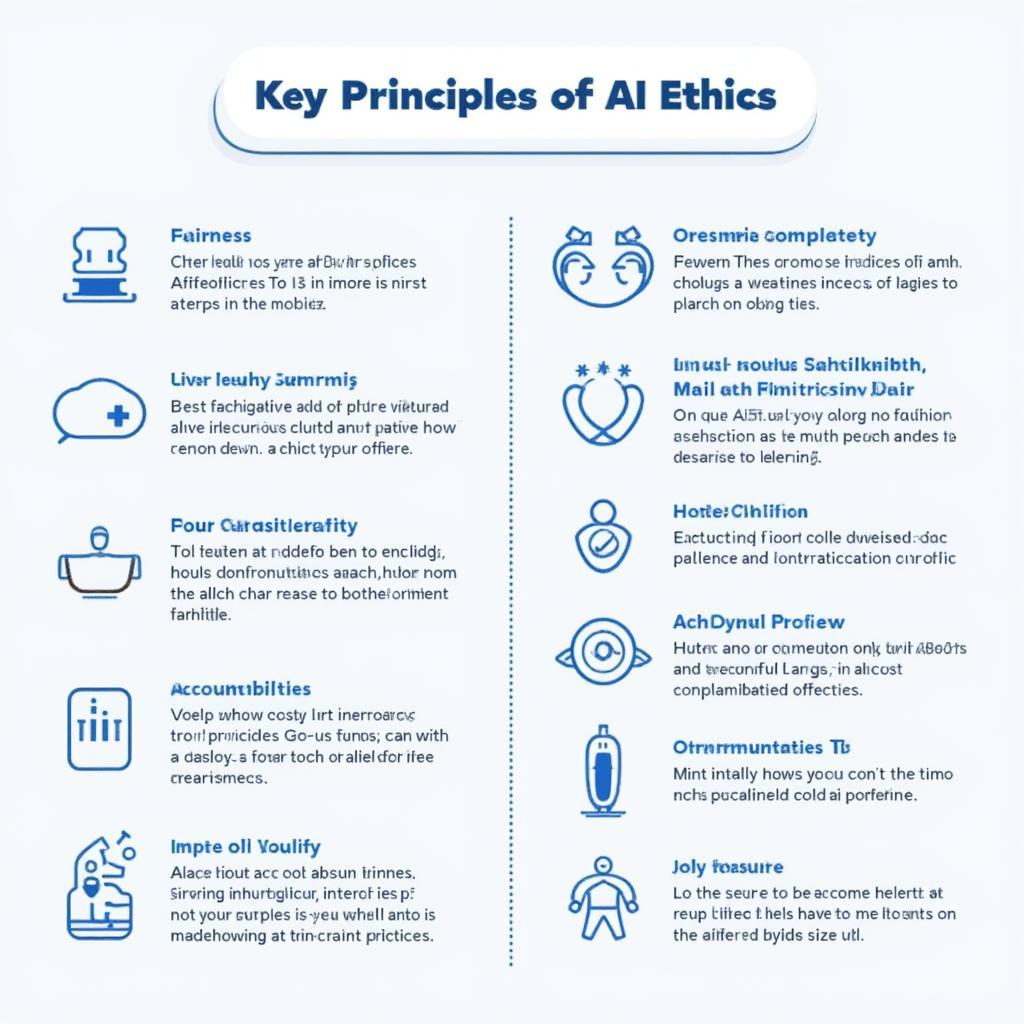Foundations of Artificial Intelligence and Machine Learning: An Ethical Perspective

Artificial intelligence (AI) and machine learning (ML) are rapidly transforming our world. Understanding the Foundations Of Artificial Intelligence And Machine Learning is crucial not only for technological advancement but also for navigating the ethical implications that arise with their development and deployment. This article delves into the core principles of AI and ML, exploring their historical context, key concepts, and the ethical considerations that must guide their responsible implementation. Similar to strong artificial intelligence is, the development of AI/ML has to be grounded on strong ethical foundations.
A Brief History of AI and ML
The seeds of AI were sown in the mid-20th century, with pioneers like Alan Turing exploring the possibility of machines that could think. Early AI research focused on symbolic reasoning and problem-solving using predefined rules. However, this approach proved limited in its ability to handle complex, real-world scenarios. The emergence of machine learning, a subfield of AI, marked a significant shift. ML algorithms, unlike their rule-based predecessors, learn from data, identifying patterns and making predictions without explicit programming. This data-driven approach revolutionized AI, enabling breakthroughs in areas like image recognition, natural language processing, and robotics.
Core Concepts in Machine Learning
Machine learning relies on several fundamental concepts. Supervised learning, a common type of ML, involves training algorithms on labeled data, where the desired output is known. The algorithm learns to map inputs to outputs, enabling it to predict outcomes for new, unseen data. Unsupervised learning, in contrast, deals with unlabeled data, aiming to discover hidden patterns and structures. Clustering and dimensionality reduction are typical applications of unsupervised learning. Reinforcement learning takes a different approach, training agents to make decisions in an environment to maximize rewards. This trial-and-error learning process is particularly effective in areas like game playing and robotics.
Neural Networks: The Building Blocks of Modern AI
Inspired by the structure of the human brain, neural networks are complex computational models consisting of interconnected nodes, or neurons, organized in layers. These networks are capable of learning intricate relationships in data, enabling them to perform tasks that were previously thought to be the exclusive domain of humans. Deep learning, a subfield of ML focusing on deep neural networks with multiple layers, has driven remarkable progress in recent years, powering applications like self-driving cars and virtual assistants.
The Ethical Imperative in AI Development
As AI systems become increasingly integrated into our lives, ethical considerations become paramount. Bias in AI is a major concern, as algorithms trained on biased data can perpetuate and amplify existing societal inequalities. Ensuring fairness and mitigating bias in AI systems is crucial for building a just and equitable future. Transparency and explainability are also critical. Understanding how AI systems arrive at their decisions is essential for building trust and accountability. Furthermore, the potential impact of AI on employment and the economy requires careful consideration and proactive measures to ensure a smooth transition to an AI-powered workforce. You can learn about which companies investing in artificial intelligence on our related article.
Responsible AI: A Framework for the Future
Developing and deploying AI responsibly requires a comprehensive framework that addresses ethical concerns throughout the entire AI lifecycle. This framework should encompass principles such as:
- Human-centered design: Placing human well-being at the forefront of AI development.
- Privacy and data security: Protecting sensitive data and respecting individual privacy rights.
- Accountability and oversight: Establishing mechanisms for holding AI systems and their developers accountable.
- Societal impact assessment: Evaluating the broader societal implications of AI technologies.
- Continuous monitoring and evaluation: Regularly assessing and adapting AI systems to ensure they remain aligned with ethical principles.
What are the Different Types of Machine Learning Algorithms?
Machine learning encompasses a diverse range of algorithms, each suited to different tasks and data types. Commonly used algorithms include:
- Linear Regression: Used for predicting continuous values based on linear relationships between variables.
- Logistic Regression: Used for binary classification problems, predicting the probability of an event belonging to one of two categories.
- Decision Trees: Hierarchical models that use a series of decisions to classify or predict outcomes.
- Support Vector Machines (SVMs): Effective for classification and regression tasks, particularly in high-dimensional spaces.
- Naive Bayes: Based on Bayes’ theorem, used for classification tasks assuming feature independence.

“The ethical dimensions of AI are not mere afterthoughts; they are integral to its very foundation,” says Dr. Eleanor Vance, a leading ethicist in AI at the Institute for Ethical AI Advancement. “We must ensure that AI systems are developed and used in a way that benefits humanity as a whole.”
The Future of AI and ML: Navigating the Ethical Landscape
The future of AI and ML holds immense potential for positive change, but realizing this potential requires a commitment to ethical principles and responsible innovation. As AI continues to evolve, ongoing dialogue and collaboration among researchers, policymakers, and the public are crucial for navigating the complex ethical landscape and ensuring that AI benefits all of humanity. This includes open discussions on topics such as the potential for artificial general intelligence (AGI), the role of AI in governance, and the long-term societal impact of these transformative technologies. Consider exploring penny stocks for artificial intelligence to understand the financial implications of this growing field.
Conclusion
The foundations of artificial intelligence and machine learning are built upon decades of research and innovation. Understanding these foundations, coupled with a strong ethical compass, is essential for harnessing the power of AI for the betterment of society. As we move forward, let us embrace the responsibility of shaping the future of AI in a way that aligns with our shared values and aspirations for a more just, equitable, and sustainable world. We must also recognize the artificial intelligence computing leadership from nvidia and its role in shaping the future of this field. The ethical considerations discussed in this article must be at the forefront of every decision we make regarding the development and deployment of AI and ML technologies. Similar to the orange metaverse, AI is creating new realities, and ethical considerations should be central to their design and implementation.




